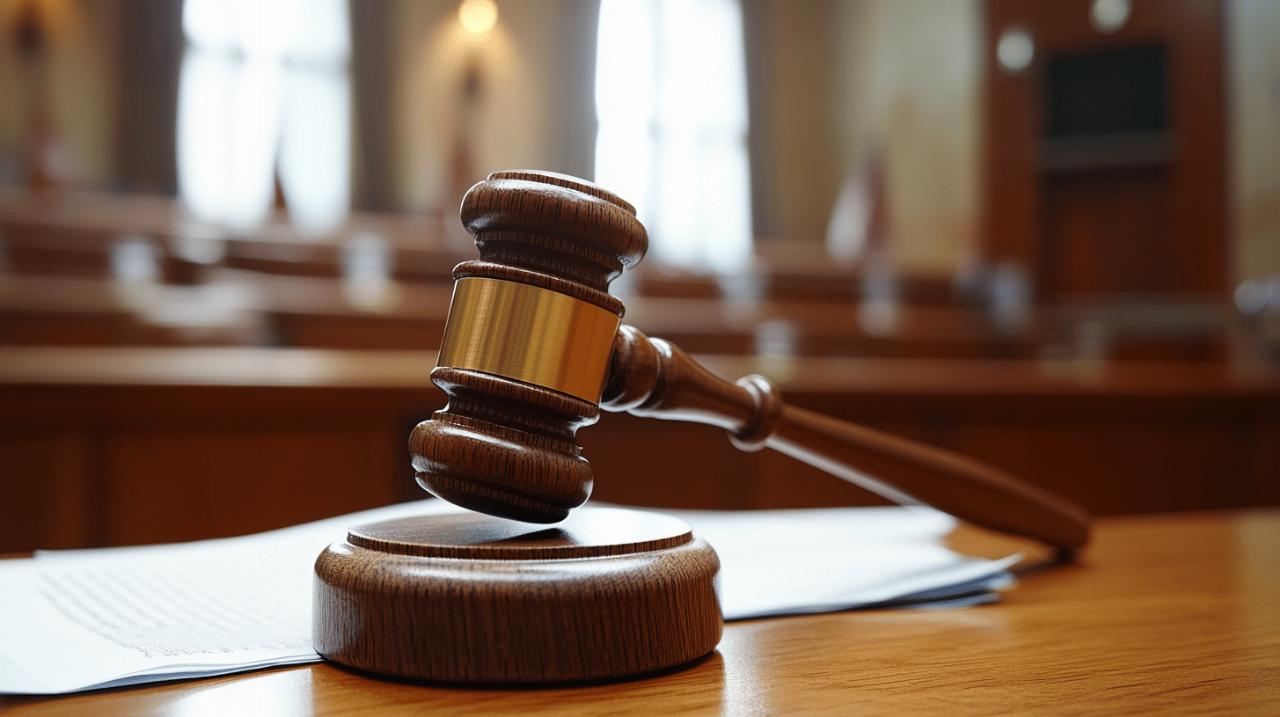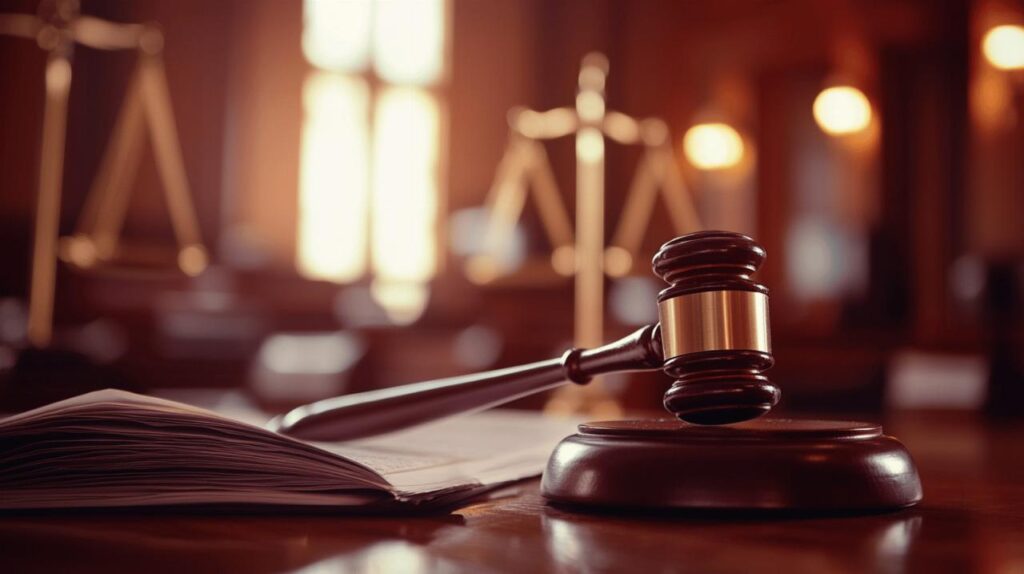If you've had your driving licence seized by the police and find yourself in limbo after the standard waiting period, it's important to understand your rights and the legal framework. The process can be confusing, especially when communication seems to have dried up. Let's clarify what happens when your licence is retained and what steps you should take if you don't hear back within the expected timeframe.
Understanding police powers to retain your driving licence
When law enforcement officers suspect you of committing a serious motoring offence, they have the authority to seize your driving licence. This typically occurs in situations where they believe you may face a driving ban or when further investigation is needed. The retention of your licence isn't an immediate indication of guilt, but rather a procedural step that allows authorities to properly assess the situation.
Situations where officers can seize your licence
Police officers can take possession of your driving licence in several circumstances. If they suspect you've been driving under the influence of alcohol or drugs, exceeding speed limits significantly, or demonstrating dangerous driving behaviours, they may retain your licence while they build their case. This is particularly common in scenarios where the DVLA might need to be involved in the decision-making process regarding your driving privileges. It's worth noting that over 360,000 UK drivers had their licences revoked for medical reasons between 2014 and 2019, indicating how seriously authorities take fitness to drive.
The 72-hour legal decision window explained
According to UK law, when the police retain your driving licence, they must make a determination within 72 hours about whether to suspend your licence while their investigation continues. This three-day window serves as a protection for drivers, ensuring that decisions about your ability to drive are not unnecessarily delayed. During this period, authorities assess the evidence against you and determine whether immediate action regarding your driving privileges is warranted. However, it's important to understand that this timeframe refers specifically to the initial decision, not necessarily when you'll be informed of the outcome.
What happens when you don't hear back within 72 hours
If the 72-hour period passes without any communication, it doesn't automatically mean you're free to drive or that the matter has been dropped. Various factors can influence the communication timeline, and the silence might simply indicate administrative delays rather than a favourable outcome for your case. Typically, if a decision has been made to suspend your licence, you should receive official notification through the post explaining the duration and reasons for the suspension.
Possible reasons for delayed communication
There are several explanations for why you might not hear back within the expected 72-hour window. The police force might be experiencing a high volume of cases, leading to processing backlogs. In some instances, additional evidence or information might be required before a final determination can be made. Technical issues with the notification system or incorrect contact details could also contribute to delays. It's worth checking whether the DVLA has your current address on file, as notifications are typically sent to your registered address.
Steps to Take When Left in Limbo
When faced with uncertainty after your licence has been retained, proactive steps can help clarify your situation. Consider contacting the police station where your licence was seized to inquire about its status. Prepare your driver number and other identifying information to facilitate the process. You might also want to check the GOV.UK website for updates or use their online services to view your driving licence information. Since the paper counterpart was discontinued in June 2015, most information is now stored electronically and can be accessed through official online channels. If you're still unclear about your status, seeking advice from a legal professional specialising in traffic law is advisable.
Immediate suspension scenarios and consequences
In certain serious cases, your driving licence may be suspended immediately without the standard waiting period. These scenarios typically involve offences that present immediate dangers to road users. When immediate suspension occurs, you'll be explicitly informed that you cannot drive, and attempting to do so could result in additional charges and penalties. Understanding these serious scenarios can help you grasp the potential consequences of various driving offences.
Drink and drug driving automatic suspensions
If you're caught driving under the influence of alcohol or drugs, you may face an immediate suspension of your driving privileges. These offences are taken particularly seriously due to their clear link to increased accident risks. When authorities have reasonable suspicion that you were impaired while driving, they can institute an immediate ban while awaiting the results of blood tests or other evidence. Failing to disclose relevant medical conditions to the DVLA, including alcohol problems or drug misuse, can result in fines up to £1,000 and may lead to licence revocation.
Dangerous driving and immediate bans
Engaging in dangerous driving behaviours can also trigger immediate licence suspension. Actions such as excessive speeding, reckless overtaking, ignoring traffic signals, or failing to yield at crossings might be categorised as dangerous driving. New drivers face particularly strict scrutiny; accumulating six or more penalty points within the first two years of driving results in automatic licence revocation. In such cases, you must apply for a provisional licence and retake both theory and practical driving tests to regain your driving privileges.
Legal support and next steps
When dealing with licence retention or suspension, obtaining proper legal guidance can make a significant difference in the outcome of your case. A solicitor with expertise in traffic law can help you understand your specific situation, potential defences, and the most appropriate course of action. They can also represent your interests if your case proceeds to court or if you wish to appeal a decision.
Finding specialised road traffic solicitors
To find appropriate legal representation, consider contacting solicitors who specialise specifically in road traffic offences. These professionals understand the nuances of driving legislation and can provide targeted advice based on your circumstances. When selecting a solicitor, look for someone with experience in cases similar to yours. Many offer initial consultations where you can discuss your situation and determine whether their expertise aligns with your needs. Remember that while there are costs associated with legal representation, the potential consequences of driving offences can be significant and long-lasting.
Potential appeals and driving awareness courses
Depending on your situation, you might have options for appealing decisions or reducing penalties. If your licence was revoked on medical grounds, you can request that the DVLA reconsider their decision and subsequently appeal to a Magistrates Court if necessary. For points-based revocations, while you cannot appeal the revocation itself, you might be able to contest the original conviction that led to the points. Additionally, some offences offer the opportunity to attend driving awareness courses, which can help reduce penalty points and improve your driving knowledge. These courses not only address immediate concerns but can also prevent future issues by enhancing your understanding of safe driving practices.
Navigating the dvla process following licence retention
When the police take your driving licence due to suspected driving offences—such as drink driving, speeding, or dangerous driving—they legally must decide within 72 hours whether to suspend your licence while investigating. If you've not heard anything after this time, it doesn't necessarily mean you're free to drive again. The authorities might simply need more time to process your case.
Typically, if your licence is suspended, you'll receive an official letter explaining the duration and reason for the suspension. For serious offences like drink driving or dangerous driving, an immediate ban may be imposed. If you're unsure about your situation after your licence has been retained, consulting a solicitor who specialises in road traffic law is advisable.
Remember that accumulating penalty points for driving offences can lead to disqualification, especially for new drivers who face licence revocation if they receive 6 or more points within their first two years of driving. In such cases, you'll need to apply for a provisional licence and retake both theory and practical tests.
Checking your licence status through gov.uk online services
Since the paper counterpart to photocard driving licences was abolished on 8 June 2015, the most efficient way to check your licence status is through GOV.UK's online services. This digital system allows you to view your driving record, including any penalty points or disqualifications.
To access your driving licence information online, visit the GOV.UK website. The service enables you to view your driving record, create a licence check code to share with others (such as employers or car hire companies), and print a summary of your licence details if needed. These check codes are valid for 21 days, giving you plenty of time to share your details when necessary.
If you're concerned about your licence status after police retention, this online system provides a straightforward way to verify whether any action has been taken. For those without internet access, you can call the DVLA on 0300 083 0013 to check your licence status or generate a check code.
Understanding the Paperwork and Documentation Requirements
If your licence has been retained and you need to apply for its return or for a new licence, understanding the necessary paperwork is crucial. For licence applications following revocation, you'll need to submit the appropriate forms to the DVLA, which may vary depending on the reason for revocation.
When applying for a new licence after revocation, ensure you send only the required identity documents with your application. Paper applications typically take around four weeks to process, while applications involving medical assessments may take considerably longer. During this period, you might be able to drive while your application is being processed, but you should carefully check the guidance specific to your situation.
If your licence was revoked on medical grounds, you can request the DVLA to reconsider their decision, and subsequently appeal to a Magistrates Court if necessary. For licences revoked due to penalty points within the first two years of driving, there's no appeal process against the revocation itself—only against the original conviction that led to the points being awarded.
Should you need to renew your photocard driving licence, this can be done online (taking approximately five days) or at participating Post Office branches that provide DVLA services. Renewals cost £14 and must be completed every 10 years, though drivers over 70 need to renew every three years at no cost.




